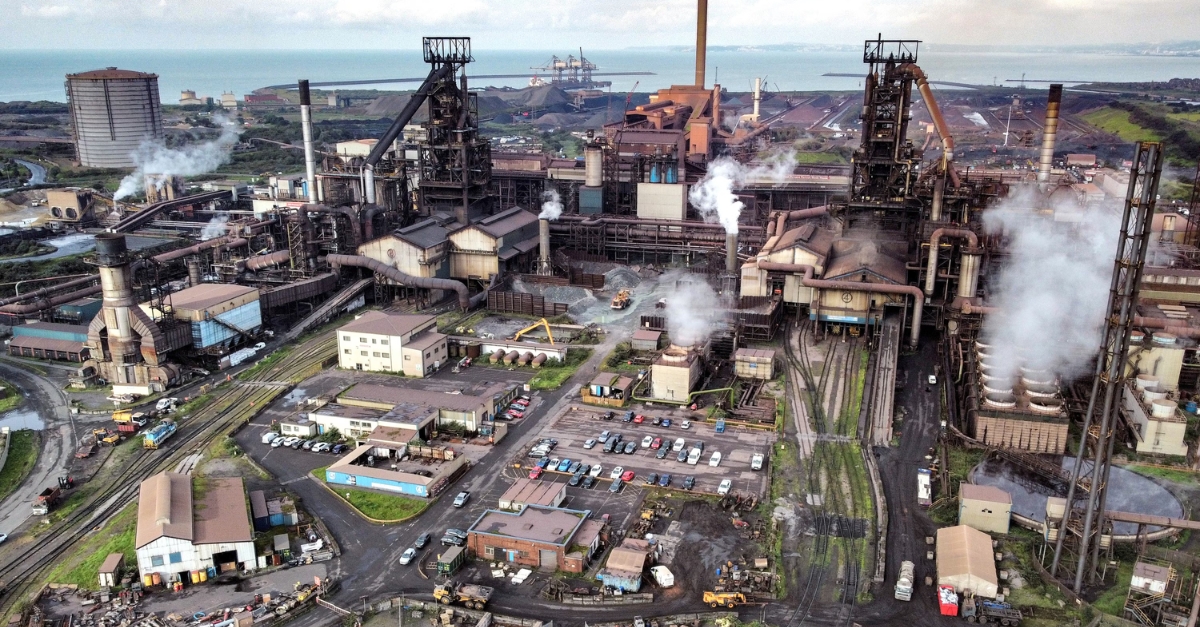India–US Trade Tensions Rise Over Steel and Auto Tariffs NMDC Limited reports a 38% drop in Q4 FY24 consolidated net profit RINL to Raise $23 Million Through Land Sales Amid Crisis

The recent U.S. tariff hike on steel imports is expected to have minimal impact on Indian steel companies, thanks to strategic market diversification and strong domestic demand. Indian exports to the U.S. constitute less than 5% of the country’s total steel exports, significantly reducing potential exposure to the new tariffs.
Indian steel manufacturers benefit from robust domestic demand driven by thriving infrastructure and construction sectors. Additionally, companies have strategically diversified their export markets, focusing on regions like the Middle East, Europe, and Southeast Asia, thereby minimizing reliance on U.S. buyers.
"Indian steelmakers are well-prepared, having expanded their footprint in non-U.S. markets, ensuring business continuity despite global trade disruptions," said R.K. Sharma, Secretary General of the Federation of Indian Mineral Industries (FIMI).
Furthermore, Indian firms maintain a competitive edge with cost-efficient production and government initiatives such as the Production Linked Incentive (PLI) scheme. This strategic positioning enhances their resilience against international trade challenges.
Industry analysts believe that the U.S. tariffs could open new opportunities for Indian firms in emerging markets, reinforcing their global presence. However, they advise companies to remain agile and informed in the evolving geopolitical landscape.
Overall, Indian steel companies are well-shielded from the U.S. tariff impact due to their strategic positioning, competitive advantage, and robust domestic demand, ensuring continued growth and expansion.
Also Read : High Strength Steel Market Gears Up for Major Growth Amid Sustainability Push Indian alloy steel producers seek anti-dumping duty on Chinese imports.